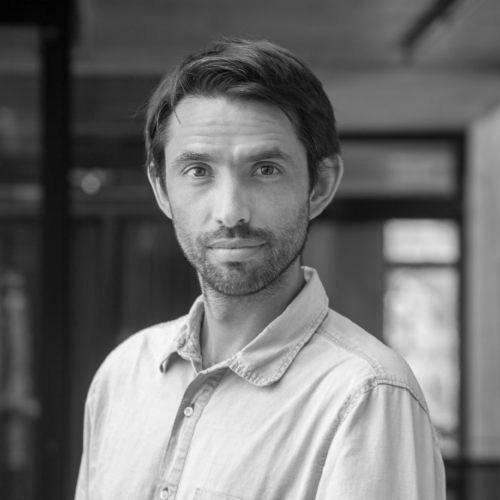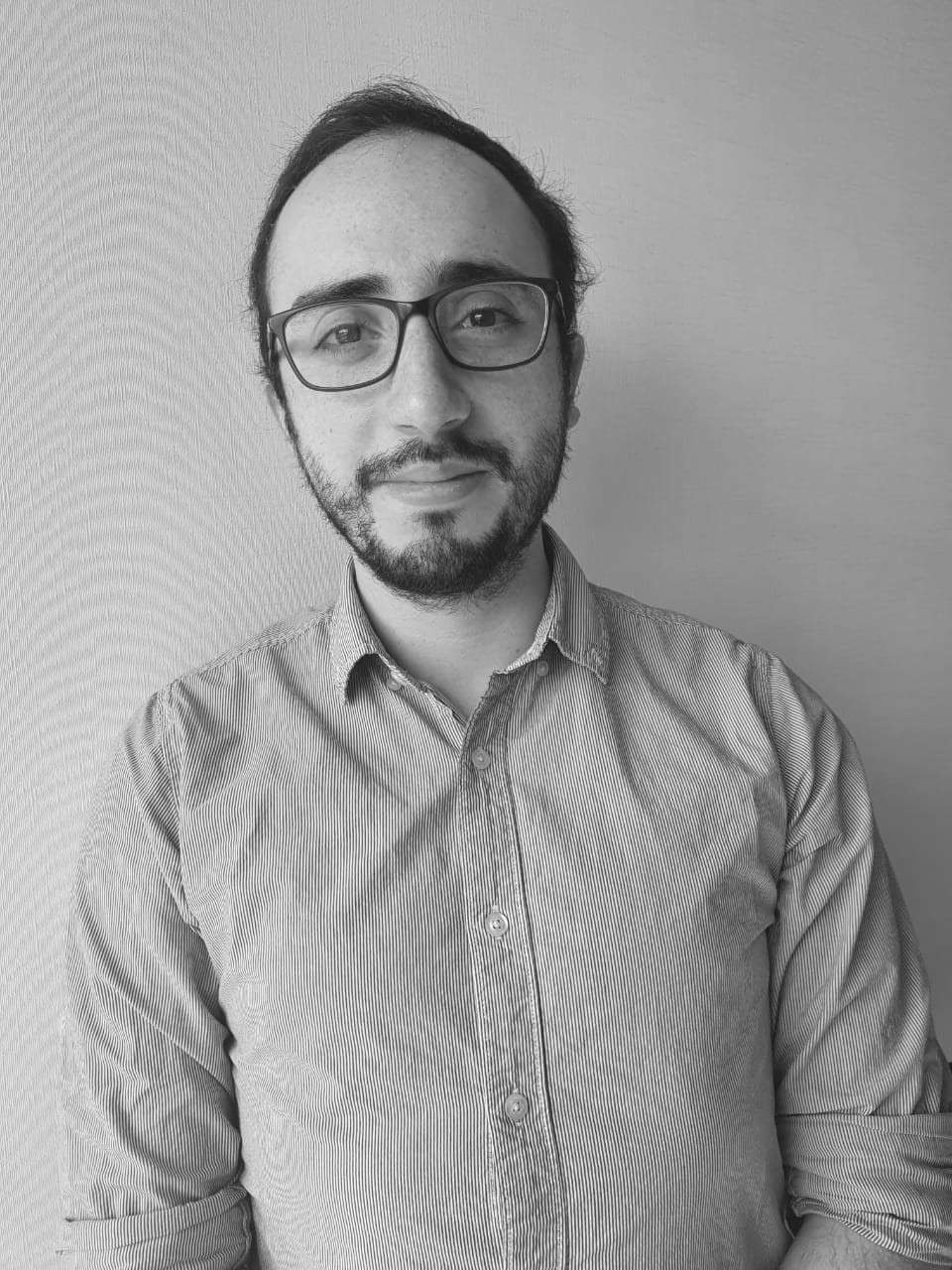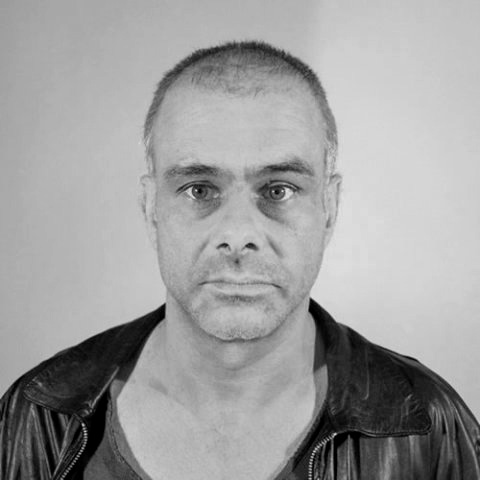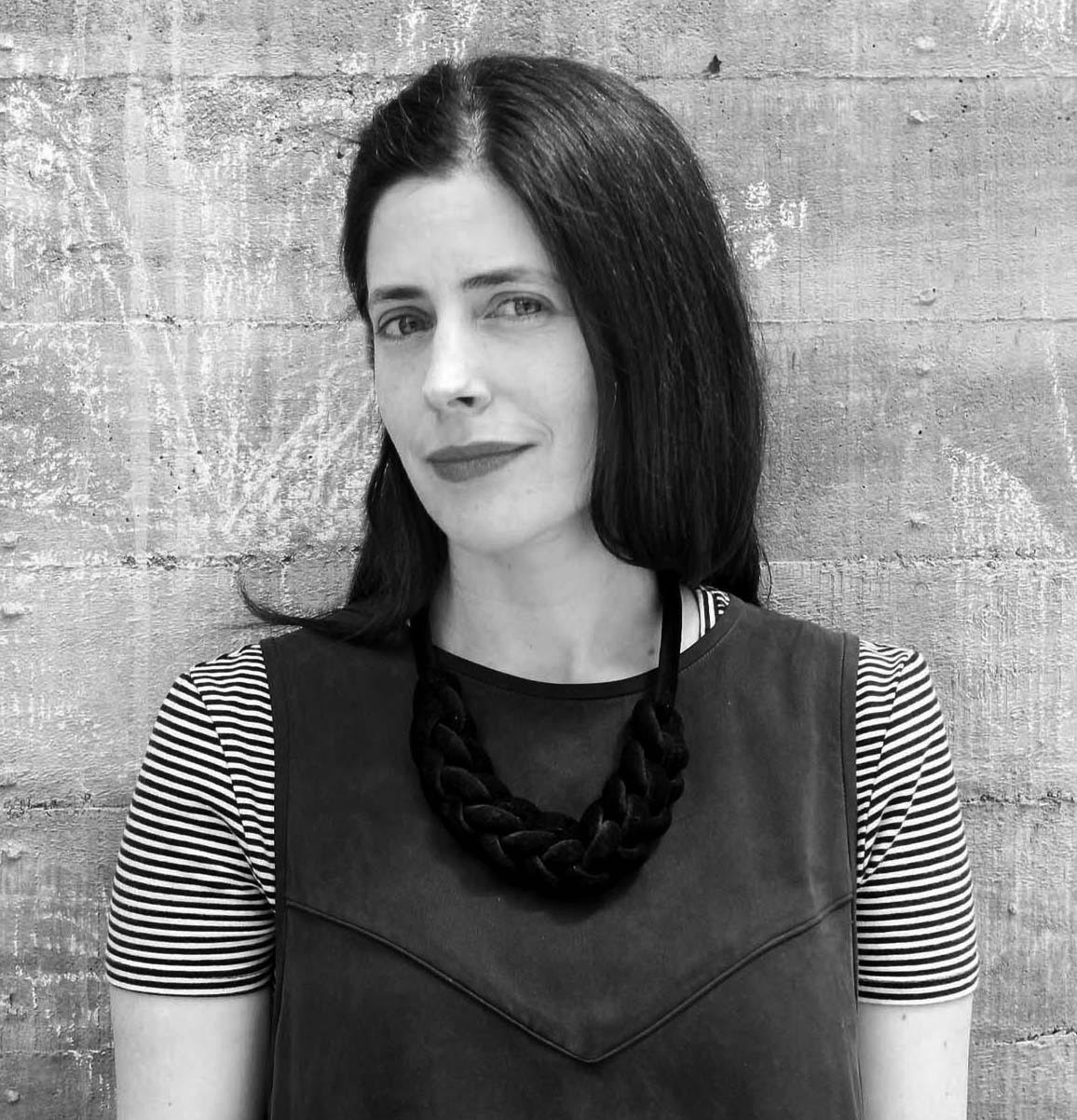Equipo
Martín Tironi

Martín Tironi es sociólogo de la Pontificia Universidad Católica de Chile, máster en Paris Descartes, doctor en el Centre de Sociologie de l’Innovation (CSI), Escuela de Minas de París, y realizó un postdoctorado en el mismo centro. En 2018 fue Visiting Fellow en el Centre for Invention and Social Process de Goldsmiths, University of London. Actualmente es director y académico de la Escuela de Diseño UC, e investigador principal del Núcleo Milenio FAIR (Futures of Artificial Intelligence Research). Es también investigador asociado del Centro de Desarrollo Urbano Sustentable (CEDEUS), y dicta cursos sobre diseño crítico, futuros urbanos y ecologías tecnológicas en programas de pregrado, magíster y doctorado.
Ha liderado diversos proyectos Fondecyt, entre ellos sobre procesos de dataficación, smart cities y diseño interespecie, y actualmente dirige el proyecto Fondecyt N°1210006 sobre diseño de futuros en la era de la inteligencia artificial. Paralelamente, desarrolla la investigación Ensamblajes terrestres de la inteligencia artificial. En 2019 presentó la instalación Cenizas de coexistencia en la Bienal de Artes Mediales (Museo de Arte Contemporáneo). En 2021, junto al equipo curatorial compuesto por Marcos Chilet, Pablo Hermansen y Carola Ureta, recibió la medalla en la London Design Biennale con el pabellón Resonancias tectónicas: del diseño centrado en el humano al diseño centrado en el planeta.
Martín Tironi is a sociologist from the Pontificia Universidad Católica de Chile, with a Master’s degree from Paris Descartes, a PhD from the Centre de Sociologie de l’Innovation (CSI) at Mines ParisTech, and postdoctoral research at the same institution. In 2018, he undertook a Visiting Fellowship at the Centre for Invention and Social Process at Goldsmiths, University of London. He is currently Director and faculty member at the School of Design at Pontificia Universidad Católica de Chile, and principal investigator at the Millennium Nucleus FAIR (Futures of Artificial Intelligence Research). He is also an associate researcher at the Centre for Sustainable Urban Development (CEDEUS), and teaches undergraduate, master’s, and doctoral courses on critical design, urban futures, and technological ecologies.
He has led various Fondecyt research projects on datafication processes, smart cities, and interspecies design, and is currently the principal investigator of Fondecyt Project No. 1210006 on future design in the age of artificial intelligence. In parallel, he is developing the research project Terrestrial Assemblages of Artificial Intelligence. In 2019, he presented the installation Ashes of Coexistence at the Biennial of Media Arts (Museum of Contemporary Art, Santiago). In 2021, together with curatorial team members Marcos Chilet, Pablo Hermansen, and Carola Ureta, he received a medal at the London Design Biennale for the pavilion Tectonic Resonances: From Human-Centered Design to Planet-Centered Design.
Correo electrónico: martin.tironi@uc.cl.
Matías Valderrama Barragán

Matías Valderrama Barragán es sociólogo y Magíster en Sociología de la Pontificia Universidad Católica de Chile. Ha participado en diferentes proyectos Fondecyt e investigaciones de la ONG Derechos Digitales que han abordado las implicancias sociales de múltiples tecnologías digitales en Chile. También ha sido profesor colaborador del Magister en Ciencia, Tecnología y Sociedad, Universidad Alberto Hurtado. Sus áreas de interés son la Cultura Digital, Medios de Comunicación, Movimientos Sociales, Métodos Digitales, Estudios de la Vigilancia, Análisis de Redes, Teoría Social, entre otros.
Matías Valderrama Barragán is a sociologist and Master in Sociology from the Pontificia Universidad Católica de Chile. He has participated in different Fondecyt projects and studies for the NGO Derechos Digitales that have addressed the social implications of multiple digital technologies in Chile. He has also been a collaborating professor of the Master in Science, Technology and Society, Universidad Alberto Hurtado. His areas of interest are Digital Culture, Media Studies, Social Movements, Digital Methods, Surveillance Studies, Network Analysis, Social Theory, among others.
Correo electrónico: mbvalder@uc.cl.
Pablo Hermansen

Pablo Hermansen es diseñador y parte del equipo del taller en Diseño de Interacción en la Pontificia Universidad Católica de Chile. Tiene un doctorado en Arquitectura y Estudios Urbanos de la misma institución Pontificia Universidad Católica de Chile. Trabaja en el papel de la fotografía en la investigación cualitativa y explora la creación de prototipos cosmopolíticos y las manifestaciones públicas y colectivas aumentadas digitalmente en el espacio público, así como la investigación de acción para la salud pública.
Pablo Hermansen is a designer and Chair of Interaction Design at the Pontificia Universidad Católica de Chile. He holds a doctorate in Architecture and Urban Studies from the same institution Pontificia Universidad Católica de Chile. He works on the role of photography in qualitative research and explores cosmopolitical prototyping and digitally augmented public and collective manifestations in the public space, as well as action research for public health.
Correo electrónico: phermans@uc.cl
Camila Albornoz Novoa

Camila Albornoz es Antropóloga Social y magíster en Desarrollo Urbano de la Pontificia Universidad Católica de Chile. Sus áreas de interés han incluido los nuevos materialismos, los estudios de ciencia y tecnología, y las transiciones sustentables, entre otros. Se desempeñó como asistente de investigación en diversos proyectos fondecyt y fue profesora auxiliar del curso “Diseño Crítico” en la Escuela de Diseño de la Pontificia Universidad Católica de Chile. Actualmente es doctoranda en el programa internacional de doctorado “Rethinking Environment: The Environmental Humanities and the Ecological Transformation of Society” de Ludwig-Maximilians-Universität München (LMU) y Rachel Carson Center for Environment and Society.
Camila Albornoz is a Social Anthropologist with a Master’s degree in Urban Development from the Pontificia Universidad Católica de Chile. Her areas of interest have included new materialisms, science and technology studies, and sustainable transitions, among others. She worked as a research assistant on the Fondecyt project “Datafication of Urban Environments and Individuals: An Analysis of the Designs, Practices, and Discourses of the Production and Management of Digital Data in Chile.” She later served as a researcher on the Fondecyt project “Designing Futures in the Age of Artificial Intelligence and Algorithmic Prediction,” and as a teaching assistant for the course “Critical Design” at the School of Design, Pontificia Universidad Católica de Chile. She is currently a doctoral researcher in the International Doctorate Program “Rethinking Environment: The Environmental Humanities and the Ecological Transformation of Society” at Ludwig-Maximilians-Universität München (LMU) and the Rachel Carson Center for Environment and Society.
Correo electrónico: caalbornoz@uc.cl
Diego Rivera

Diego Ignacio Rivera Lisboa es un titulado de psicología de la Universidad de Chile, MsC en Sociedad Digital de la Universidad de Edimburgo y actualmente está cursando el Doctorado de Cs Sociales en la Universidad de Chile. Su línea de investigación se enfoca en el trabajo digital, procesos de subjetivación en la red y las racionalidades de gobierno asociadas a este proceso. Así mismo, Diego también tiene interés en métodos digitales, epistemologías asociadas al gobierno algorítmico, trabajo inmaterial y comunidades virtuales, enfocandose particularmente en fandom y comunidades de slash.
Manuela Garretón

Manuela Garretón es doctora en Ingeniería, mención Ciencias de la Computación, por la Pontificia Universidad Católica de Chile, magíster del programa Interactive Telecommunications Program (ITP) de la Universidad de Nueva York, y diseñadora de la Pontificia Universidad Católica de Chile. Actualmente se desempeña como profesora asistente en la Escuela de Diseño UC, investigadora adjunta del Núcleo Milenio FAIR (Futures of Artificial Intelligence Research) e investigadora asociada en el Urban Complexity Lab de la Universidad de Ciencias Aplicadas de Potsdam.
Su investigación y práctica creativa se centran en la visualización de datos en torno a temas como la crisis hídrica, la inteligencia artificial, las políticas públicas, el urbanismo, la neurociencia y el bienestar subjetivo, entre otros. Ha explorado diversos formatos de representación, desde el periodismo de datos hasta instalaciones interactivas.
[:]
Manuela Garretón holds a PhD in Engineering, Computer Science from the Pontificia Universidad Católica de Chile, a Master’s degree from the Interactive Telecommunications Program (ITP) at New York University, and a Bachelor’s degree in Design from the Pontificia Universidad Católica de Chile. She is currently an assistant professor at the School of Design at Pontificia Universidad Católica de Chile, adjunct researcher at the Millennium Nucleus FAIR (Futures of Artificial Intelligence Research), and associate researcher at the Urban Complexity Lab at the University of Applied Sciences Potsdam.
Her research and creative practice focus on data visualization in relation to the water crisis, artificial intelligence, public policy, urbanism, neuroscience, and subjective well-being, among others. She has explored a variety of representational formats, ranging from data journalism to interactive installations.
Manuela Garretón holds a PhD in Engineering, Computer Science from the Pontificia Universidad Católica de Chile, a Master’s degree from the Interactive Telecommunications Program (ITP) at New York University, and a Bachelor’s degree in Design from the Pontificia Universidad Católica de Chile. She is currently an assistant professor at the School of Design at Pontificia Universidad Católica de Chile, adjunct researcher at the Millennium Nucleus FAIR (Futures of Artificial Intelligence Research), and associate researcher at the Urban Complexity Lab at the University of Applied Sciences Potsdam.
Her research and creative practice focus on data visualization in relation to the water crisis, artificial intelligence, public policy, urbanism, neuroscience, and subjective well-being, among others. She has explored a variety of representational formats, ranging from data journalism to interactive installations.